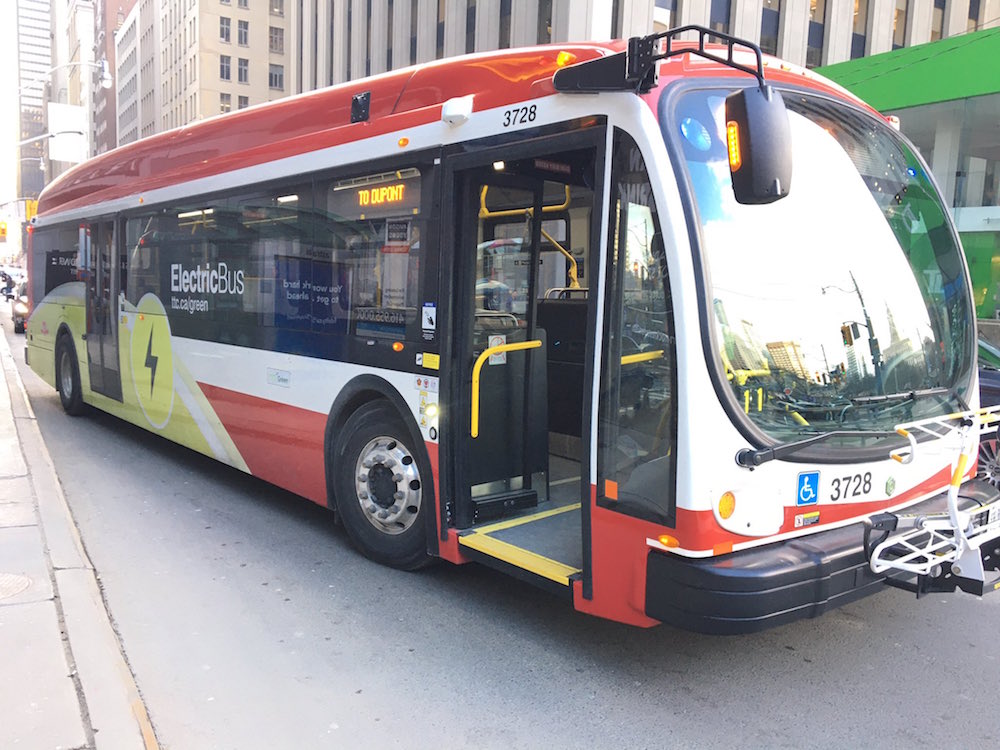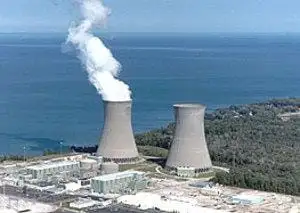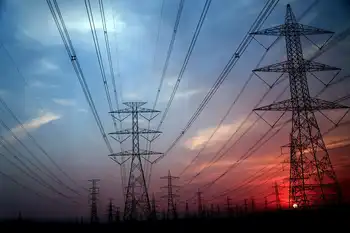Albany, NY -- - GE unit to slash 400 more jobs
Albany, NY -- Schenectady Power Systems move, blamed on sinking demand, follows loss of 1,000 jobs last year.
General Electric Co.'s Power Systems unit will cut its local work force by 400 people over the next six to nine months as demand for power-generating equipment continues to tumble.
Retiring workers are expected to account for nearly all the cuts, company officials said recently.
About 3,600 people now work at the Schenectady plant.
Soft demand has cut the number of steam turbines shipped from Schenectady by 50 percent since last year, and another 15 percent drop is expected next year.
"As expected, the ramp-down of our turbine shipments is continuing after several years of unprecedented demand in the U.S.," Mark Little, vice president of Power Systems' Energy Products division, said in a written statement.
Besides the lost jobs in Schenectady, the company will cut 600 workers from its Power Systems unit in Greenville, S.C. The company expects to ship 120 gas turbines from that factory in 2003, compared to 244 last year; another 50 percent drop is likely in 2004.
After driving much of GE's growth since 1999, the Power Systems skyrocket fizzled last year. In July 2002, the company announced it would cut 2,500 jobs at the division -- 1,000 in Schenectady, 1,000 in Greenville and 500 elsewhere. Those cuts were completed in March.
Power Systems still is profitable -- it earned $984 million in the third quarter -- but that's 31 percent lower than the same time period last year.
A number of factors are keeping turbine orders down, said Gavin Donohue, president and chief executive of the Independent Power Producers of New York Inc., an Albany-based trade group. Investors spooked by the Enron Corp. saga are still steering clear of new power plants. And there's already plenty of generating capacity in place in many parts of the nation.
"The boom of the '90s, and the late 1990s, is over," Donohue said. "It's safe to say the industry isn't growing at the pace that it did in the late '90s, and it may be some time before somebody puts an order in for more turbines."
But Donohue said his industry is hardly dead and buried. Power is a volatile business, and the business cycle is an inevitability. And companies are still doing business. Of nine new power plants approved by the state, five are being built.
But new orders, especially in the United States, are few and far between. Of 16 steam turbines scheduled for shipment from Schenectady next year, 13 are heading overseas, said Thomas Schwendler, a Power Systems spokesman.
While the lost jobs may hurt, Schwendler said the company has tried to minimize the damage. It has recalled some work to Schenectady that had been sent to Pensacola, Fla., and has ceased outsourcing some work in favor of letting GE workers handle it.
And 170 workers already have transferred from manufacturing jobs to Power Systems' service unit. Together, the moves saved more than 400 jobs, Schwendler said.
And the company has poured $37 million into a research-and- development lab in Schenectady in recent years, he said.
"We're committed to remaining a vital part of the Power Systems portfolio," he said.
Carmen DePoalo, business agent of IUE Local 301, said he had mixed emotions about Tuesday's announcement. He said he understood the business pressures facing the company, but was hoping to save some of the jobs by letting local workers handle even more work that is outsourced, such as on-site construction projects.
In the end, though, DePoalo knows one thing: "The bottom line is the bottom line," he said.
Of the 400 jobs being lost, 250 are unionized. Even if the cuts come from retirement, the missing dues -- and there have been plenty over the years -- are bound to pinch the local, DePoalo said.
"We pay $20,000 in taxes, $30,000 in insurance, $30,000 a year for heat and lights," he said of the union hall on Erie Boulevard in Schenectady. "That's going to be a tough nut to keep up."
The two mayoral candidates in Schenectady, Democrat Brian U. Stratton and Republican Peter Guidarelli, accepted GE's explanation that the cuts were market-driven, though they were hardly sanguine about the news.
"It is my hope that GE can do this with little or no impact to the current work force and that retirement incentives can be offered," Guidarelli said.
Stratton said he would work with state and federal officials not only to give GE as much help as it needs to remain robust, but also to help the company turn over vacant property in Schenectady for new uses. Because while Schenectady was dominated by GE in the 20th century, the 21st century will be different: New jobs must come.
"They are not motivated by sentimentality of their historical ties to Schenectady," he said.
Related News

Fuel Cell Electric Buses Coming to Mississauga
MISSISSAUGA - Mississauga, Ontario, is gearing up for a significant shift in its public transportation landscape with the introduction of fuel cell electric buses (FCEBs). This initiative marks a pivotal step toward reducing greenhouse gas emissions and enhancing the sustainability of public transport in the region. The city, known for its vibrant urban environment and bustling economy, is making strides to ensure that its transit system evolves in harmony with environmental goals.
The recent announcement highlights the commitment of Mississauga to embrace clean energy solutions. The integration of FCEBs is part of a broader strategy to modernize the transit fleet…




